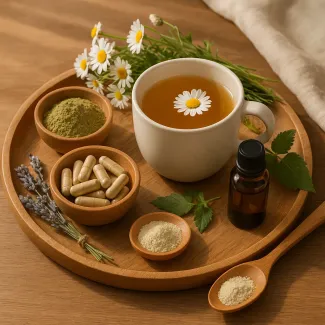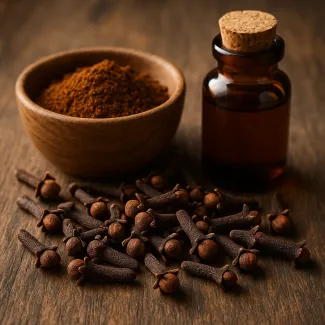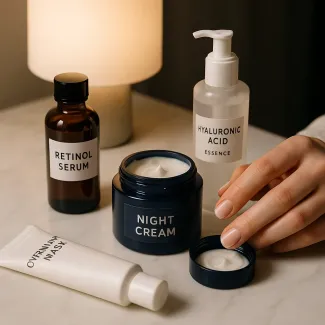Build Lasting Energy and Strength in Your 30s Smart daily choices to improve vitality, prevent burnout, and boost lifelong health Why your 30s are a turning point for physical…
Holistic approaches for calming the mind and enhancing well-being in your 30s Understanding the connection between age, anxiety, and mental health As individuals enter…
Essential Lifestyle Adjustments to Stay Healthy and Energized in Your 30s Why Your 30s Are a Critical Decade for Long-Term Wellness Entering your 30s often feels like a time of…
Exploring the surprising role of cloves in supporting antibiotics Understanding the connection between cloves and antibiotic strength The use of cloves as a…
Elevated Homocysteine After 35: A Complete Vascular and Methylation Framework From Biochemical Mechanism to Practical Interpretation in Midlife After 35, elevated homocysteine on a…
Rejuvenate Your Skin While You Sleep with Proven Nighttime Care Unlock the power of nightly regeneration with targeted skincare rituals and expert tips Your skin goes through its…





